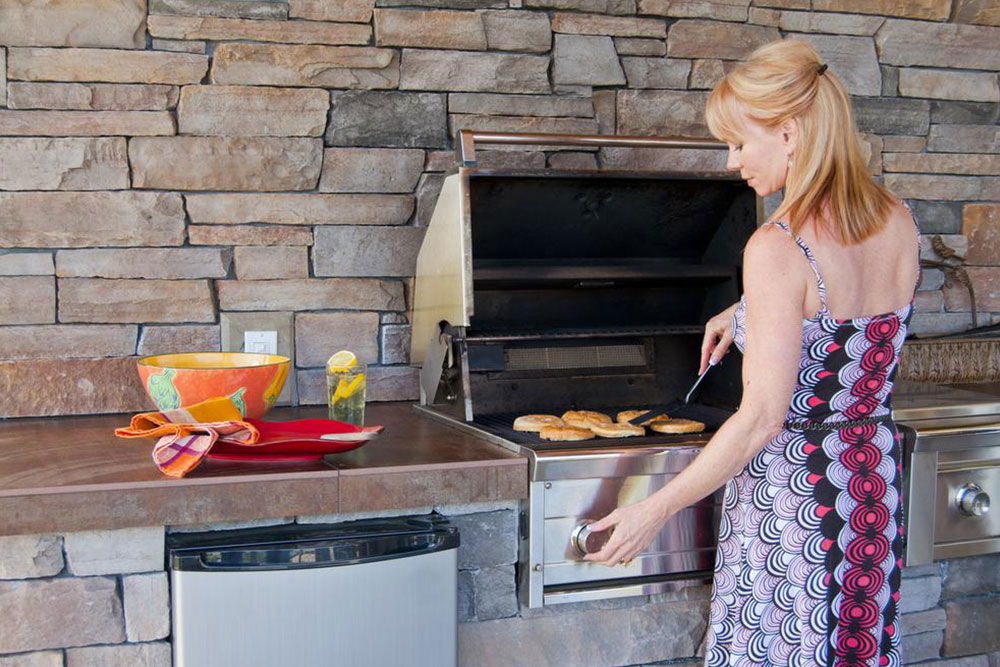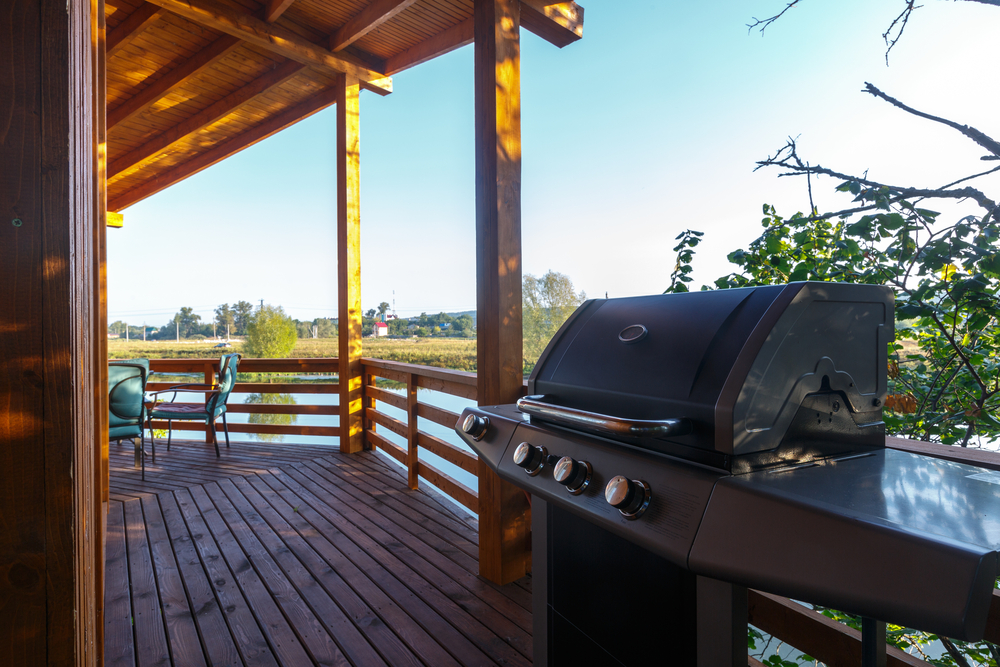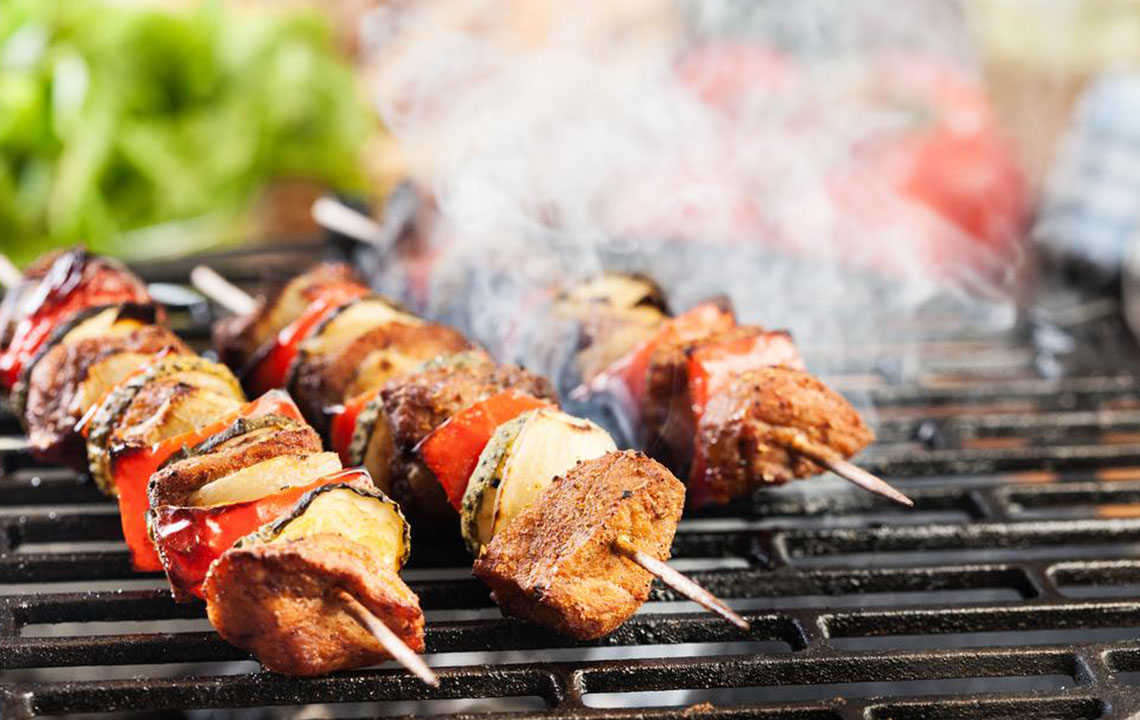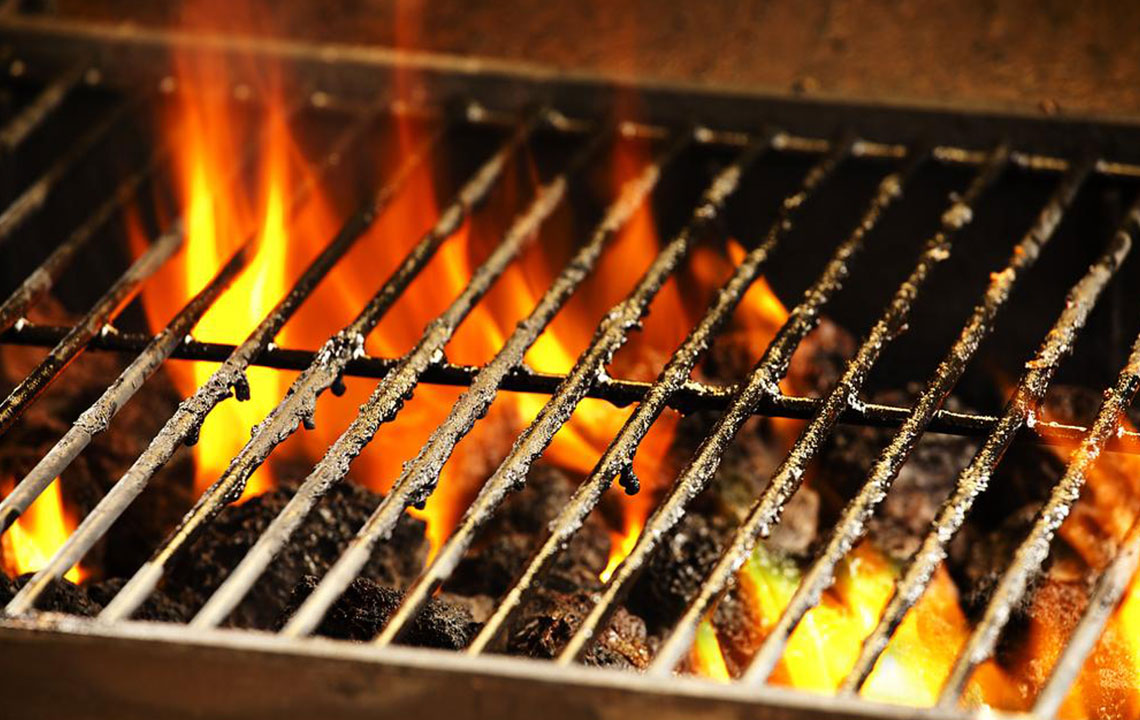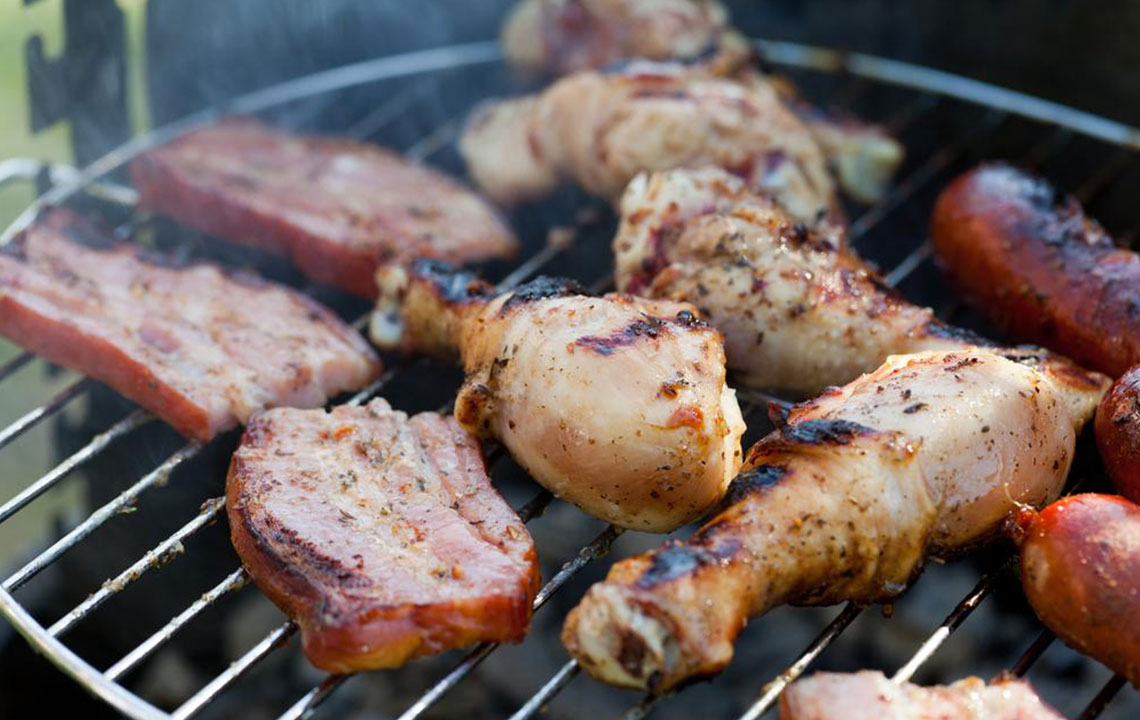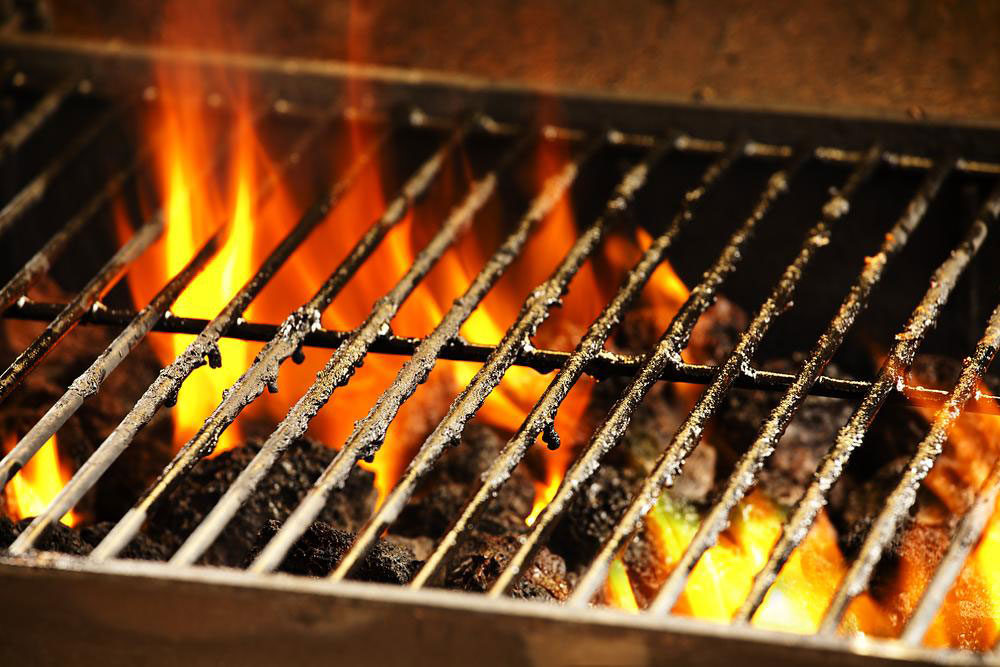Comprehensive Guide to Proper BBQ Grill Maintenance and Cleaning
This comprehensive guide offers detailed steps for effectively cleaning and maintaining your BBQ grill. Regular maintenance enhances cooking performance, prevents damage, and extends the lifespan of your grill. Learn tips and techniques for cleaning grates, burners, ash trays, and more to enjoy safe, delicious grilling experiences every season. Perfect for outdoor cooking enthusiasts seeking durability and optimal performance from their equipment, this article is an essential resource for ensuring your grill remains in top shape for years to come.
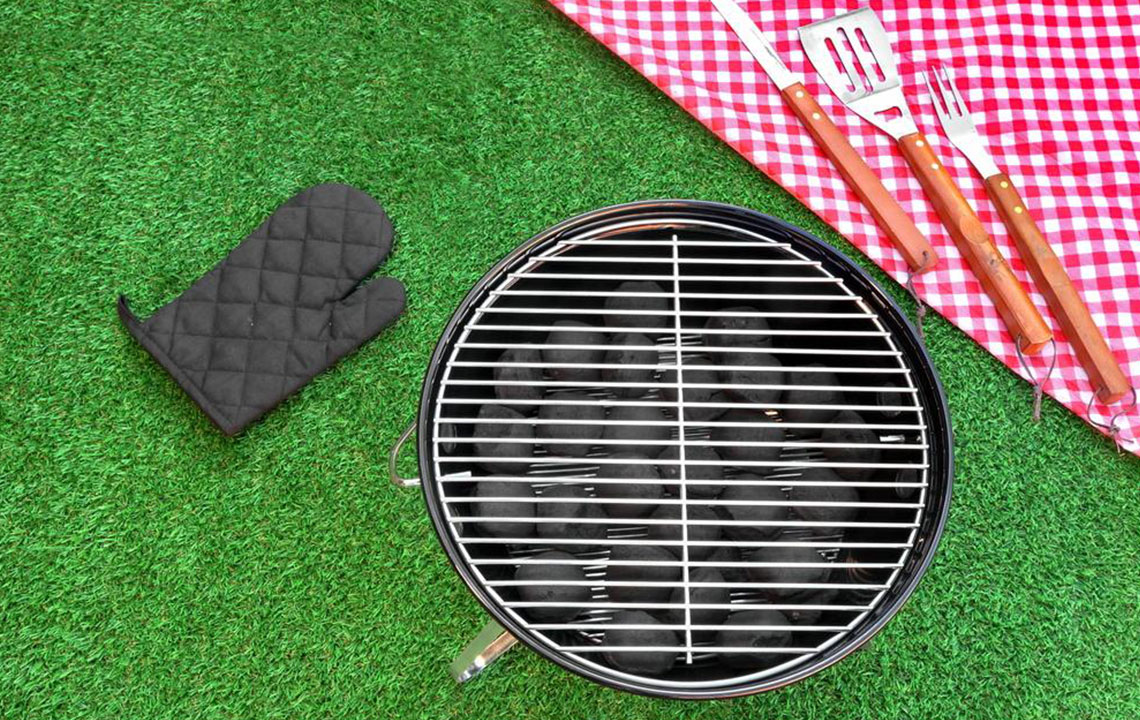
Barbecue grills are an essential outdoor appliance that enhances the cooking experience during gatherings, family cookouts, and summer celebrations. A well-maintained grill not only ensures delicious, evenly cooked food but also extends the lifespan of the equipment, saving you money in the long run. Proper cleaning practices are vital to prevent rust, grease buildup, and potential fire hazards. This comprehensive guide will walk you through detailed techniques and tips for cleaning your BBQ grill efficiently, ensuring it remains in optimal condition year-round.
Why Regular Grill Maintenance Matters
Keeping your barbecue grill clean is more than just aesthetics—it directly impacts your cooking quality and safety. Grease and food particles that are left uncleaned can cause flare-ups, produce unpleasant flavors, and harbor bacteria. Regular cleaning also inhibits corrosion and rust, which can deteriorate the metal parts. Whether your grill is fueled by charcoal, propane, or natural gas, establishing a routine cleaning schedule is key to maintaining its functionality and extending its operational lifespan.
Below, we outline essential cleaning steps and tips that help you perform a thorough maintenance routine, keeping your grill in peak condition year after year.
Step-by-Step Guide to Effective BBQ Grill Cleaning
1. Regular Exterior and Interior Wipe-Down
Start with the exterior of your grill. Dust and grease can accumulate on side shelves, control knobs, and the lid. Use a soft cloth and a mild degreasing cleaner to wipe down these surfaces. This not only keeps your grill looking good but also helps prevent dirt from entering the internal components during use.
For the interior, gently clean the outer parts of the firebox or combustion chamber. Be cautious with electrical parts if your grill has electronic ignitions. Wiping down regularly prevents grime buildup that can impact ignition and overall performance.
2. Cleaning and Scrubbing the Grill Grates
The grates are the primary contact point during cooking, and residue buildup here can affect food flavor and cooking efficiency. Use a sturdy, dedicated grill brush—preferably one with stainless steel or brass bristles—to scrub the grates thoroughly after each use. While the grill is warm, this helps loosen grease and food bits, making cleaning easier.
For a deeper clean, prepare a solution of warm water with a few drops of dish soap or a specialized grill cleaner. Soak your brush or a sponge in this solution and scrub the grates methodically, paying attention to stubborn areas. After scrubbing, rinse the grates with a damp cloth or sponge to remove lingering cleaner residues. Let them dry completely before the next use to prevent rust formation.
3. Sanitizing Burners and Burner Protectors
Burners are the heart of your grill, distributing heat to cook your food evenly. Over time, grease, dirt, and food particles can clog the small holes, reducing efficiency and possibly causing uneven heating or flare-ups. Remove the burner protectors if possible, and scrub them with a wire brush or abrasive pad to eliminate grease and dirt. Use a mild cleaning solution if necessary, and rinse thoroughly.
Next, inspect the burners themselves. Wipe them gently with a damp cloth to remove dust and grime. Use a toothpick or needle to clear any clogged holes—never use a metal wire or sharp object that could damage the burner. Ensure the gas flow is unimpeded for safe operation.
4. Clearing Ash and Debris from the Lower Tray
For charcoal grills, ash buildup is inevitable. Emptying and cleaning the ash tray or catchment area regularly prevents blockages that could impair airflow and cause inefficient combustion. Use a small scoop or brush to remove the ash, then dispose of it in a safe manner.
For gas or propane grills, also check the lower tray for accumulated dust and dirt. Clean it with a damp cloth and ensure the area is dry and free of debris to promote good airflow and prevent rusting.
5. Final Inspection and Maintenance Tips
After completing the detailed cleaning, reassemble all parts and perform a quick inspection. Check gas hoses for leaks or cracks, confirm that burners are properly aligned, and ensure control knobs operate smoothly. Regularly lubricate moving parts with appropriate lubricants to keep them functioning efficiently.
Consider applying a protective coating or high-temperature grill paint to prevent rusting, especially if you live in a humid climate. Cover your grill with a weatherproof cover when not in use to shield it from the elements, further extending its lifespan.
Additional Tips for Maintaining Your Grill
Clean your grill thoroughly after each use, especially when cooking fatty or greasy foods to prevent flare-ups.
Schedule deep cleaning sessions at least twice a year or after heavy use during the grilling season.
Always follow manufacturer instructions for cleaning products and parts replacement.
Keep essential tools like brushes, scrapers, and cleaning cloths handy for quick maintenance.
Conclusion
Maintaining a clean BBQ grill is essential to ensure its efficiency, safety, and longevity. By following these detailed cleaning steps regularly, you can enjoy perfectly grilled meals while prolonging the life of your investment. Incorporate these practices into your routine, and your grill will be ready to serve up delicious, mouth-watering dishes year-round. Remember, a clean and well-maintained grill is the foundation of successful outdoor cooking — so don’t neglect its care.
